Arab Israelis respond to Hezbollah being listed as a terrorist organization by Saudi Arabia and the Arab League. While many Israeli-Arabs condoned the Saudi decision, many others feel threatened and disappointed by the Arab Knesset members’ statements on the matter.
The Jewish population in Israel tends to think that the majority of the Arab population in Israel, and of course the extremists among them, automatically and unquestioningly support Hezbollah. On Thursday, however, Sheikh Kammal Hativ of the Northern Branch of the Islamic Movement expressed a different opinion.
While speaking about the Gulf Cooperation Council (GCC) decision to label Hezbollah a terrorist group and about the group’s its involvement in the Syrian Civil War, Katib said that “in the past we of course supported Hezbollah and its fight for Lebanon. We saw in it an organization that managed to take Israel off of its high horse. But when its positions became clear to us, especially following the ‘Arab Spring,’ we decided that Hezbollah is a criminal organization. It supports murderous organizations in Syria and Iraq, and participates with the Syrian regime in the slaughter of the Syrian people.”
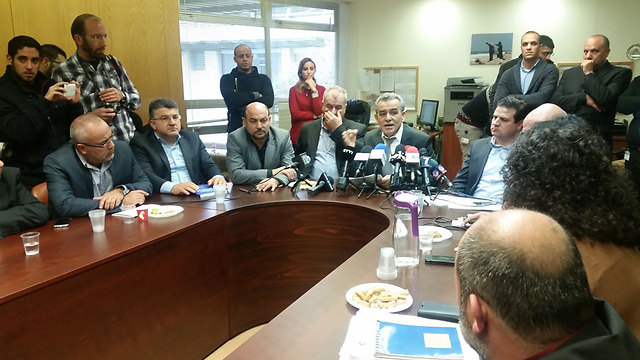
Lest anyone think Katib has become a Zionist, he was quick to add that “Netanyahu is pleased with the decision of the GCC, but he commits crimes no less than Hezbollah. He is the last person who should talk about terror or terrorists.”
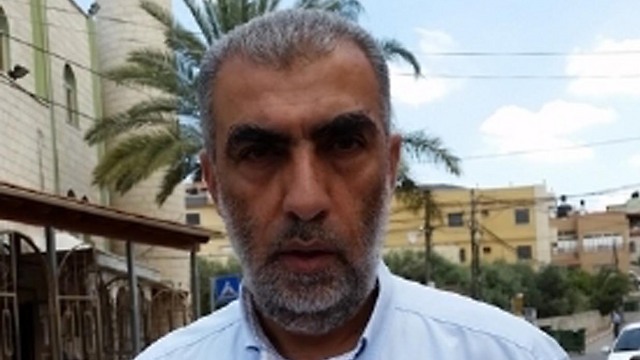
Sheikh Katib and the Northern Branch are not alone on this issue. Many people in the Arab sector have criticized the Balad and Hadash parties for their opposition to the labeling of Hezbollah in the last few days.
Meanwhile, the Knesset members themselves insist on lowering their profile, and refuse to touch on the subject in the Arabic media. However, there is fierce and stormy debate in the Arab sector about their actions.
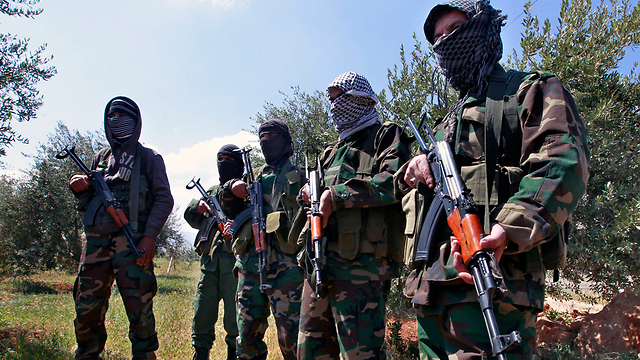
Naal Zoabi, Principal of the Tamra Valley elementary school, and who is a social activist for the maintenance of joint and active citizenship, claims that the conduct of the Arab Knesset members on the subject is mere provocation for the sake of political survival.
“There are people whose only purpose is provocation,” Zoabi said. “Inside, they know the truth, but in order to try and survive they try to star in the headlines. This is very dangerous. It’s terrible that we are seeing people who support terror. I’m sorry to say that there are people who want to burn down the house so they can be warm.”
Zoabi is of the opinion that parts of the current Arab leadership doesn’t reward the people they represent. “They have nothing to offer,” he said. “They don’t bother to deal with our problems, like internal terrorism, internal violence, and educational problems. This behavior endangers the public. They are responsible for the negative stigma of Arabs in Israel. Their behavior is turning us into suspects. I’m embarrassed by their behavior.”
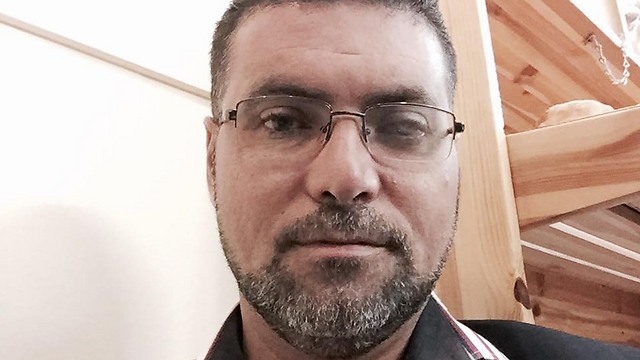
It’s not clear how popular Zoabi’s opinion is amongst the wider Israeli-Arab population. According to the last index compiled by Professor Sami Samuha of the Department of Sociology and Anthropology at the University of Haifa, in 2015, approximately 49.5 percent of Israeli Arabs strongly agreed that they would “stand up to Israel and attack it if necessary.” In 2012, 53.7 percent of Israeli Arabs supported the strengthening of Hezbollah, and 52.9 percent supported Hamas in Gaza.
Doctor Tabat abu Ras, co-director of the Abraham Fund Initiative and lecturer at Ben Gurion University, explained, “without any connection to Israel, the Arab citizens of the country are part of the Arab and Islamic world, and they have these various opinions. Most of them see that Hezbollah is on the correct side regarding Syria.
“Gulf countries like Saudi Arabia,” he continued, “which are sources of radicalism and conflict, and give support to fundamentalist organizations – these are countries that Netanyahu sees as moderate.”
Can you imagine how support for Hezbollah is seen in the Jewish sector?
“Undoubtedly the declarations of the Balad and Hadash ministers hurt the relations between Jews and Arabs. We are Arab citizens and part of the Israeli community, and if we want to have influence here, we have to be more sensitive in our statements.”
The steps taken by Saudi Arabia and the Gulf countries are another diplomatic-political battle on the margins of the Syrian Civil War. Raja Zaatreh, a member of the Hadash political bureau, claims that this is a chance for Riyadh to create facts on the ground during the ceasefire. Their goal, according to him, is to obtain recognition of Jabhat al-Nusra, the al-Qaida affiliate in Syria, as a legitimate player in the negotiations for after the war.”
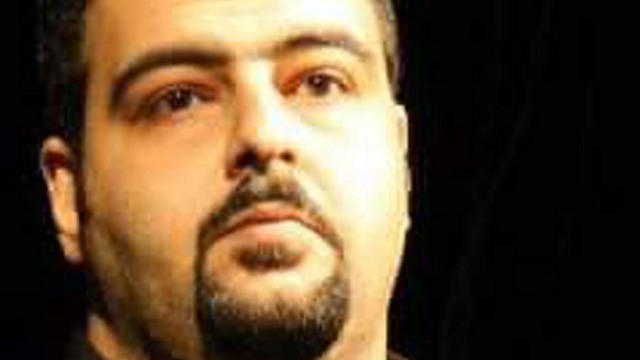
“This is another one of the death throes in the era of Saudi domination of the region, especially in light of the developments in Syria, the removal of the sanctions on Iran, and the Saudi failure in Yemen,” Zaatreh continued.
“Saudi Arabia is ideological creator of fundamentalist terror in the region. It gives this terror funding and sponsorship.”
Zaatreh further claims that “it was expected that Netanyahu, who entered into a dangerous blood covenant with the most evil governments in the Gulf, wouldn’t like Hadash’s position. The government of Israel cooperates with Jabhat al-Nusra in the Golan.”
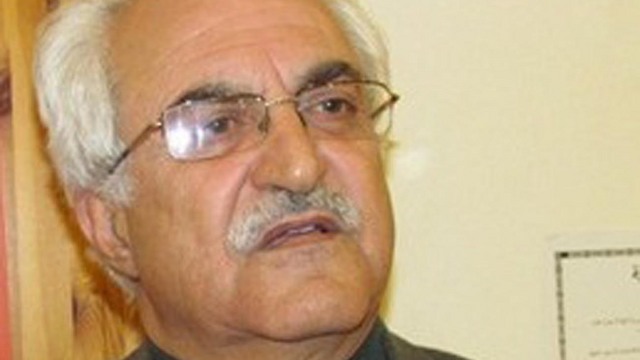
Balad Chairperson and former Knesset member Wasil Taha added that the support of Hezbollah comes because of the “Israeli occupation,” as he describes it, of parts of Lebanon and Syria.
“We have a principled stance,” Taha said. “We are against the occupation. All of the international artists justify the struggle against those who suffer underneath occupation. All opposition to the occupation, in our opinion, is legitimate. Hezbollah is part of the Lebanese government. To describe the organization as a terrorist organization is to say that Lebanon and the Lebanese nation live under the control of terrorists.”
As reported by The Jerusalem Post
